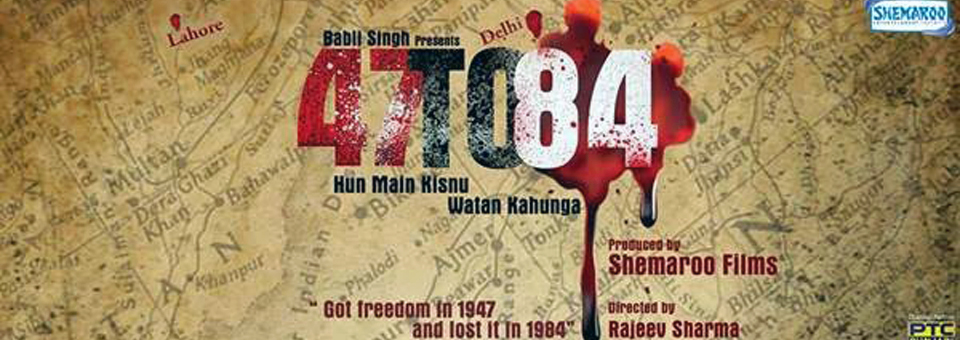This evening I had the privilege of visiting the breath-taking New Academic Building at the London School of Economics, just off Kingsway in Holborn. The building is an awe-inspiring, multi-million pound facility paid for by alumni from this prestigious university and was the perfect setting for a master class in entrepreneurship from serial American entrepreneur, Gurbaksh Chahal.
Gurbaksh Chahal was born in the humble surroundings of Tarn Taran in the Punjab, a city close to the divine home of Sikhdom, Amritsar. In the early 1980s, Chahal’s family were able to leave the ever-increasing turmoil of state negligence and intrusion that had soured the once prosperous Majha region of Northern India. Benefiting from a green card lottery for visa applications, his parents settled in San Jose in California and the rest of the family followed soon after. In less-than-modest surroundings, Chahal’s formative years were spent in survival mode as the family struggled to make their way in the new world. Photographs from his youth, show a typical young boy born to a Sikh household with a patka battling to restrain his burgeoning kesh (uncut hair), sitting behind what looks like a vintage computer screen even for the time of the snapshot. It’s no wonder then that Gurbaksh Chahal is held up in the US as a modern-day poster boy for the American dream, having sold two of his start-up companies in the short space of eight years for a combined total of $340 million.
His first success came with ClickAgents which was sold after just two years for $40 million. The teenage entrepreneur had become obsessed with online advertising and worked studiously, learning on the job as he worked full-time having dropped out of high school aged just 16. Three years later, after the expiry of a non-competing agreement from the sale of ClickAgents, Chahal did it again launching Blue Lithium focusing on the next generation of online advertising models. Three and a half years later, he had sold to Yahoo for a whopping $300 million. His next venture gWallet promises to revolutionise monetary transactions from advertising in social gaming and coupled with the publishing of his memoirs in 2008 (The Dream), coinciding with numerous TV appearances to boot, the opportunity to hear Gurbaksh Chahal speak to the entrepreneurs of tomorrow was too good an opportunity to miss.
Chahal or ‘G’ as he was referred to by quizzing students at the talk, is very well spoken and incredibly charismatic. The moniker of eligible bachelor has clearly been based on more than his net worth. The confidence with which he strode across the stage and delivered his presentation was that of a no-nonsense, patient businessman, but one who clearly holds fire in his belly. “To me a skill set is replaceable; I look for hunger…” was just one of the soundbites that were offered to the captivated audience. But there is an honesty too in his voice that adds to the allure and makes you think that this is not a mere frolic of peddling self-belief – you believe him because of his emotive background, rapid rise and often unabashed humility.
Although the kesh have gone, I couldn’t help but surmise that the Sikh ideology remained. Chahal spent most of the presentation going through a range of slides offering tips and dispelling myths beginning with the fabulous, ‘idea is 1%, execution is 99%’. I chuckled to myself comfortable in the knowledge that you can take the boy out of the Punjab, but you can’t take the Punjab out of the boy! But that reference to hard-work which Punjabis around the globe are known for, was followed with a list of mantras that would not look out of place in a how-to-be-Sikh text book: you must be tolerant to change; always choose quality over quantity; don’t allow yourself to be vulnerable; accept that everything happens for a reason. When he culminated in elucidating a ‘5-key decisions rule’ which he swears by, my mind had not just connected the dots but was stepping back to admire the masterpiece.
But of course, drawing such a conclusion is not only unfair, it is patently unnecessary. Chahal’s common-sense approach to business like his life, is not unique, but is certainly refreshing. He celebrated his familial relationships as being vital to his achievements and spoke of wanting to inspire his 7 year old nephew the best he could. He revealed that “the best decisions [I’ve] made are from [my] inner gut…” and in closing advised these 21st century students of higher education to never compromise their morals, never forget where they came from and never forget where they want to go. Valuable stuff indeed and enough probably to have convinced me that not all multi-millionaires are gluttonous, conceited and sneaky. But as if that wasn’t enough to get the bachola (match-maker) inside you racing to your nearest and dearest, single, female relation gushing about the American boy from the Majha, he is also a substantial donator to various charities and through his own Chahal Foundation provides financial support to make better lives for others.
In the process of exalting excessively about Gurbaksh ‘G’ Chahal, I must hasten to add that it wasn’t all sunshine and rainbows. He is incredibly driven as an entrepreneur, serial by his own admission, and whilst some may not view this as a negative trait, it did for a fleeting moment make him seem a little less human and slightly more corporate machine. Less forgivable though was the wall-covering in his 37th floor penthouse bedroom as seen in his appearance on Oprah. Despite a residence overlooking the Bay Bridge in San Francisco’s north-eastern coast, the wall pattern had that familiar 1970’s every-Indian-homes-wallpaper look about it. Leaving that hideous decor to one side, I was able to pose a question asking him to elaborate on how he has come to accept rejection in Silicon Valley and his response was beautifully simple: “If he did it, so could I.”





